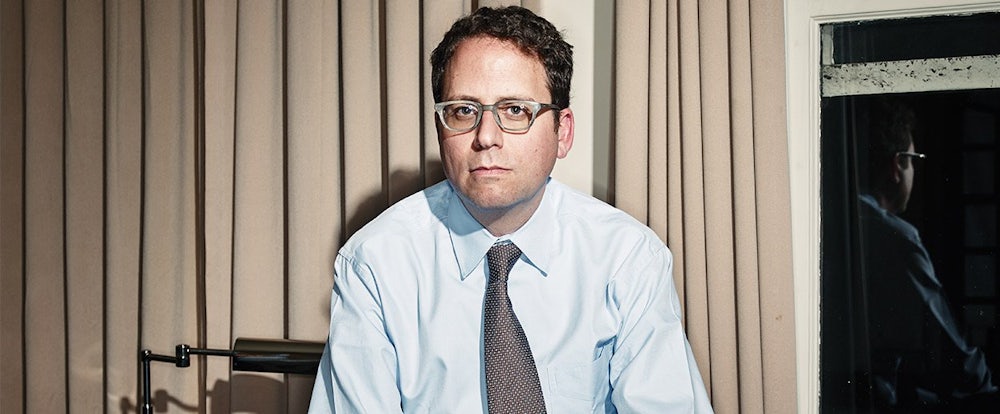 |
| Former journalist and fabulist Stephen Glass |
A fine for each inaccurate or non-existent story seems reasonable to me. It should act as a reality check to ensure journalists are doing their job honestly and respectfully. Glass repaying the magazines he wrote for was sensible on his part, as they are the ones being degraded for his fabricated stories. Since Glass has written and published his own book, of course he should be allowed to profit from it. The movie as well since it is the film version of his life. If someone disagrees with his mistakes so much, they shouldn't do anything that could profit him. The reality of this is that it will be incredibly difficult for Glass to get another job in a well-paying field of his desire anyways because of his damaged image. He could try so hard to redeem himself and to convince companies to trust him, but not everyone will be willing to test his honesty.
Great opening line Kristina! Well written, strong image and done on time:)
ReplyDelete- try not to start a sentence with a numeral - Five years later...